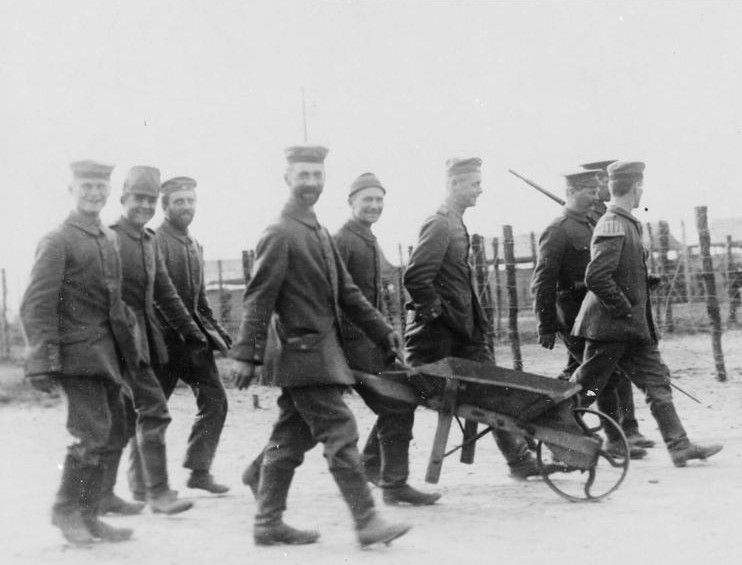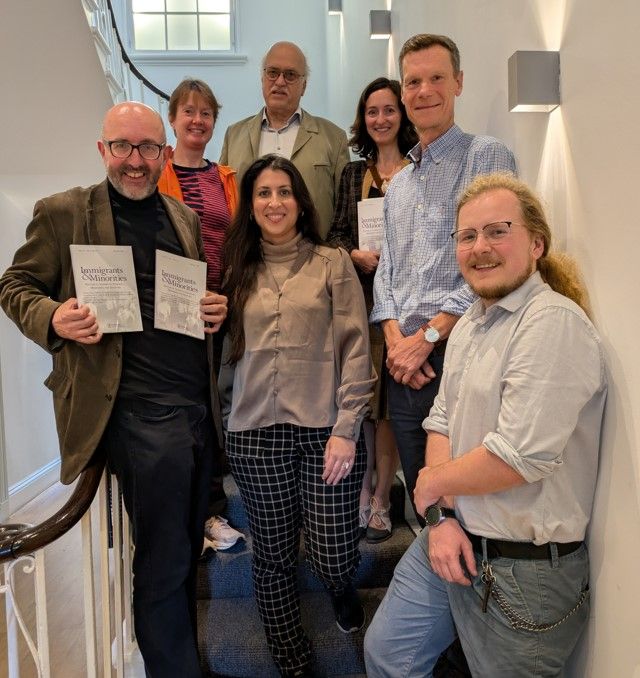German POWs in Yorkshire pioneered modern business education, Faculty researcher argues

German officers imprisoned in Yorkshire during WWI developed pioneering ideas that anticipated modern business education, argues a researcher at the Faculty of Arts, Humanities and Cultures
The study by Anne Buckley at the School of Languages, Cultures and Societies, published in a special double issue of the journal Immigrants and Minorities, explores how German officers held at Skipton Prisoner of War Camp in 1918–19 devised and delivered business courses that were years ahead of their time.
Co-authored with Professor Nigel Holden, a former Senior Research Fellow at Leeds University Business School (LUBS), Business education in First World War captivity: German officers as unrecognised pioneers draws on contemporary knowledge management concepts to reinterpret the Skipton camp as a site of knowledge creation and exchange. The research demonstrates an intersection between traditional German approaches to business education and newer American methods such as networking, case studies and experimentation.

Dr Anne Buckley (second from left) at the launch of the special issue at the Wiener Holocaust Library
The paper demonstrates that, although conducted within the confines of a POW camp, the Skipton programme represented a forward-looking model of professional education. Its focus on problem-solving, collaboration and the exchange of tacit and explicit knowledge aligns with ideas that would not formally enter business education for decades.
By recontextualising the camp through the lens of knowledge management, the study uncovers how the officers collectively generated, shared, and applied knowledge, transforming captivity into a dynamic environment for intellectual and professional development. The authors argue that this process made the Skipton camp a unique “zone of knowledge production” at a moment when business education in Britain was still struggling to establish legitimacy.
“The officers’ business courses were not simply a way to pass the time,” Dr Buckley explains, “but to convey future-orientation, sustain morale, inspire an outlook characterised as a global mindset, and reset their identity for civilian life. The circumstances unique to the Skipton camp, the skills and motivations of the participants, and the freedom permitted to them to organise their courses as they wished, gave rise to a business education programme that was very much ahead of its time.”
The special issue of the journal Immigrants and Minorities was launched at the Wiener Holocaust Library in London on 6 October.
Main image: Dr Anne Buckley (second from left) at the launch of the special issue at the Wiener Holocaust Library.




